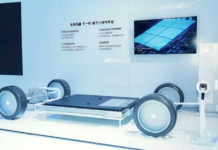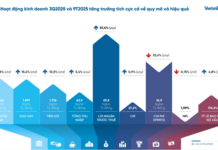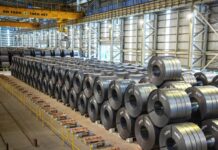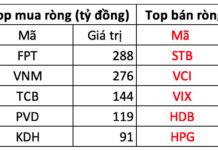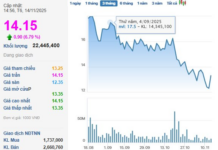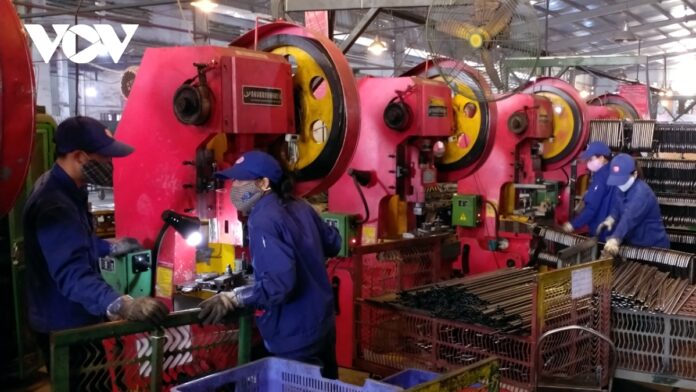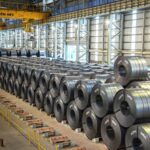The National Program for Energy Efficiency and Conservation for the period 2019-2030 (VNEEP3) aims to save between 5% and 7% of total national energy consumption during the period 2019-2025, and between 8% and 10% during the entire period from 2019 to 2030. To achieve this goal, many efforts have been made, but in reality, Vietnam’s energy-saving potential remains vast, and there is much work to be done.
Manufacturing Businesses Lack Vigor
A VNEEP3 survey revealed that Vietnam’s industries account for over 50% of the country’s total energy consumption, with an energy-saving potential of up to 30% to 35%. Numerous barriers remain for government agencies and businesses in implementing energy-saving solutions, with technology and policies being the most significant challenges.
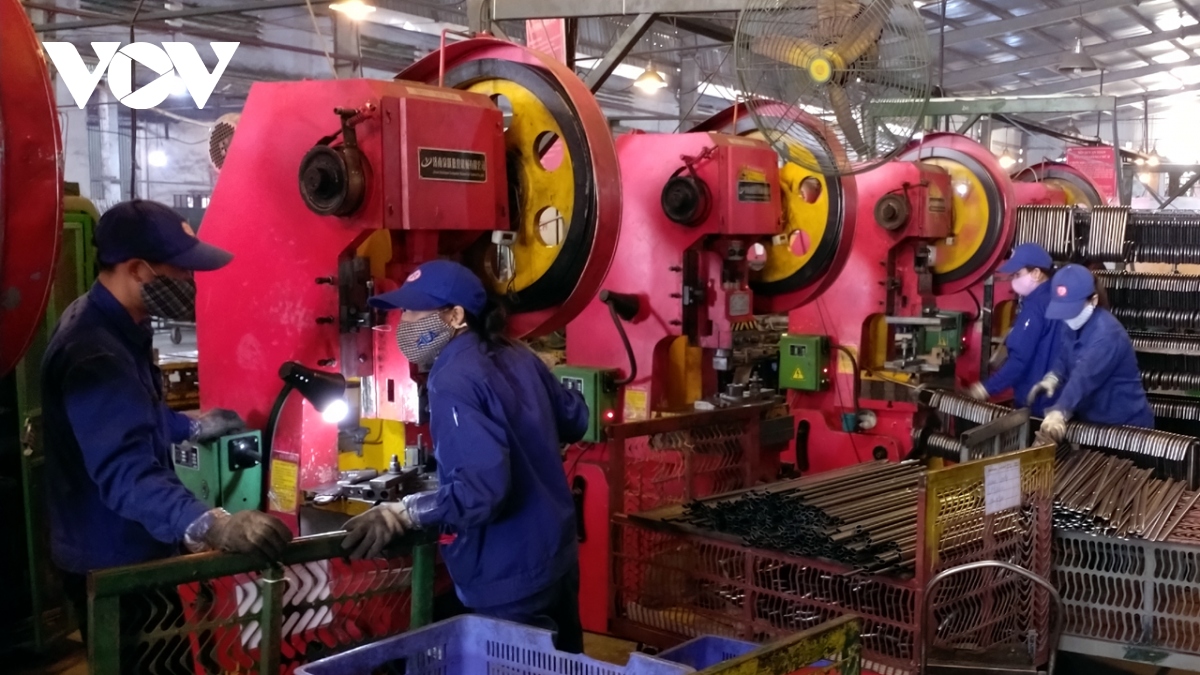
The manufacturing industries have an energy-saving potential of up to 30% to 35%.
Emphasizing the importance of energy conservation in businesses, Mr. Mach Dinh Khoa, Director of Business Strategy Development and Commercial Operations at Schneider Electric Vietnam, shared that numerous businesses are enthusiastically seeking solutions and technologies for energy conservation. However, some companies take no action after exploring options, and even if they do, their efforts are minimal, with little to no investment in energy conservation.
“Businesses view energy conservation investment as a matter of complying with government requirements rather than recognizing the opportunity to optimize operations and enhance competitive advantage,” Mr. Khoa pointed out. “As a result, their investment in energy conservation remains cautious and lacks vigor.”
Sharing a similar sentiment, Mr. Nguyen Quoc Dung, Head of Business at Vietnam Electricity (EVN), acknowledged that businesses’ awareness of energy conservation is somewhat limited. Some companies do not genuinely prioritize energy conservation, due partly to a lack of understanding and partly to the challenges of altering production technology, leading to wasteful energy consumption.
Meanwhile, the energy-saving potential in manufacturing businesses is enormous. According to international organizations’ estimates, Vietnam can save approximately 20% to 30% of the energy used in industrial production. The Ministry of Industry and Trade’s assessment even places this figure at 30% to 35%.
Mr. Dung pointed out a policy-related challenge: “The current electricity pricing policy, implemented under Decision 28 of the Prime Minister, was issued in 2014 and depends on voltage levels. In reality, the production electricity price during normal hours accounts for only 84% to 92% of the average price, and the off-peak production electricity price is only 52% to 59% of the average price. With such low electricity prices, energy conservation among manufacturing businesses has not received the attention it deserves.”
Energy Conservation Should Become a Movement
To promote energy efficiency and conservation in the industry, Mr. Nguyen Quoc Dung, Head of Business at EVN, suggested that government agencies should continue to organize promotional campaigns to raise awareness and create a consensus among businesses regarding energy efficiency. This should be accompanied by regular inspections and supervision by government agencies to ensure effective energy conservation.
“EVN consistently, continuously, and persistently encourages businesses to adopt energy-efficient practices, especially in the context of upcoming load adjustment programs,” Mr. Dung said. “These programs will help businesses flatten their load curves, reducing electricity costs during peak hours. When businesses understand this, the majority will actively embrace this movement.”
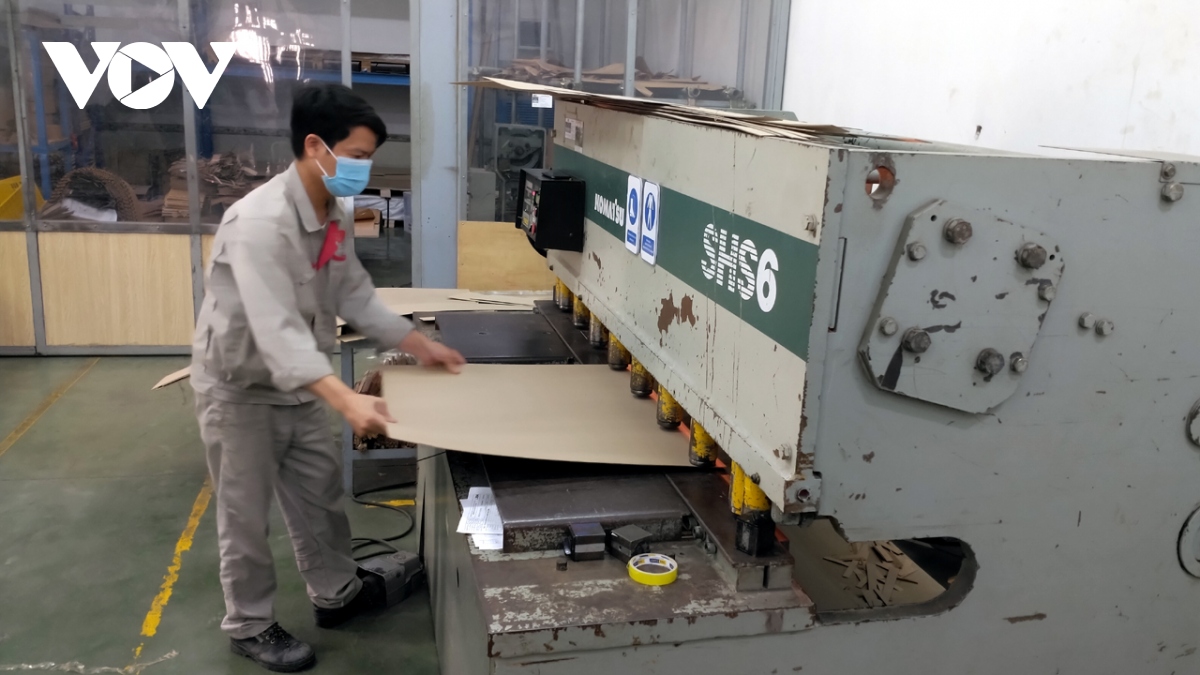
Many businesses want to conserve energy but face challenges in changing their production technology.
Mr. Dang Hai Dung, Deputy Director of the Energy Saving and Sustainable Development Department (Ministry of Industry and Trade), advised businesses to stay abreast of external changes affecting their production and business operations, including energy and environmental issues. He explained that whether they like it or not, market demands will force businesses to adapt, making energy conservation and environmental considerations inevitable. Energy and environmental regulations will present challenges but also opportunities for businesses that proactively embrace them in their short-term and long-term production and business strategies.
“In addition to management solutions, the Ministry of Industry and Trade offers various programs to support businesses in energy conservation,” Mr. Dang Hai Dung asserted. “These include free energy audits, assistance in building energy management systems, and programs related to loan guarantees. The Ministry is also piloting several funds and financial instruments to support businesses in accessing investment capital for energy conservation initiatives.”
With the government’s attention and support, the involvement of management agencies, and, most importantly, the strong commitment of businesses, energy efficiency in industries, and all socio-economic fields will witness significant improvements in the future.
New 5-star Standard and Energy-saving Capability of Comfee Air Conditioner
One of the biggest concerns for users when using air conditioners in hot weather is always the… electricity bill.



